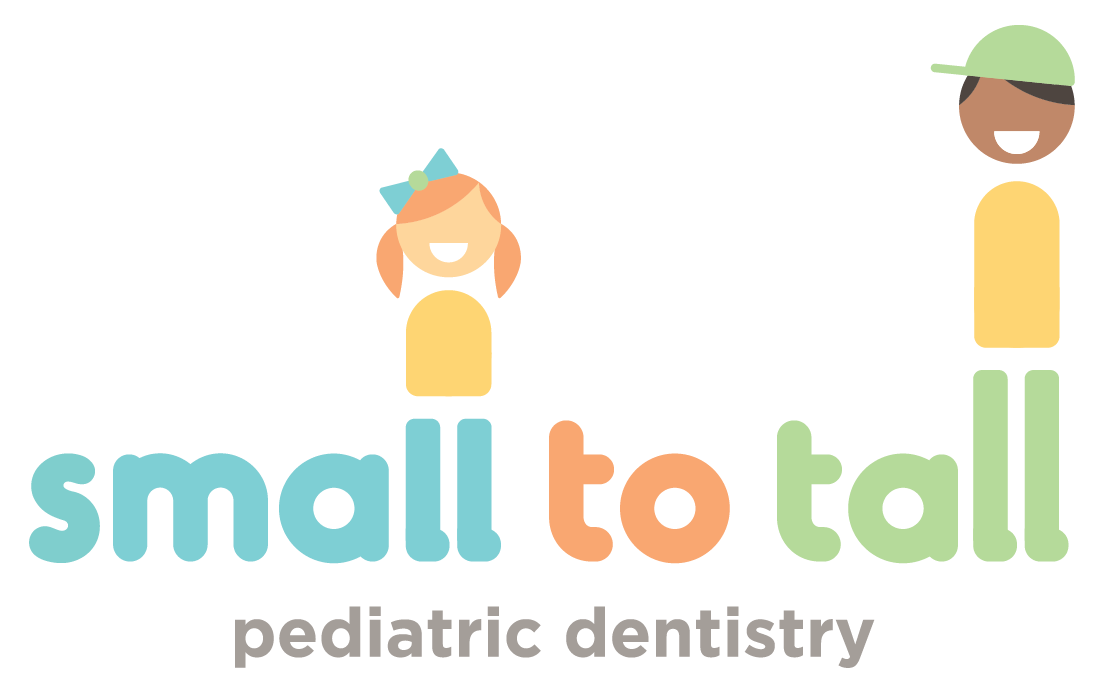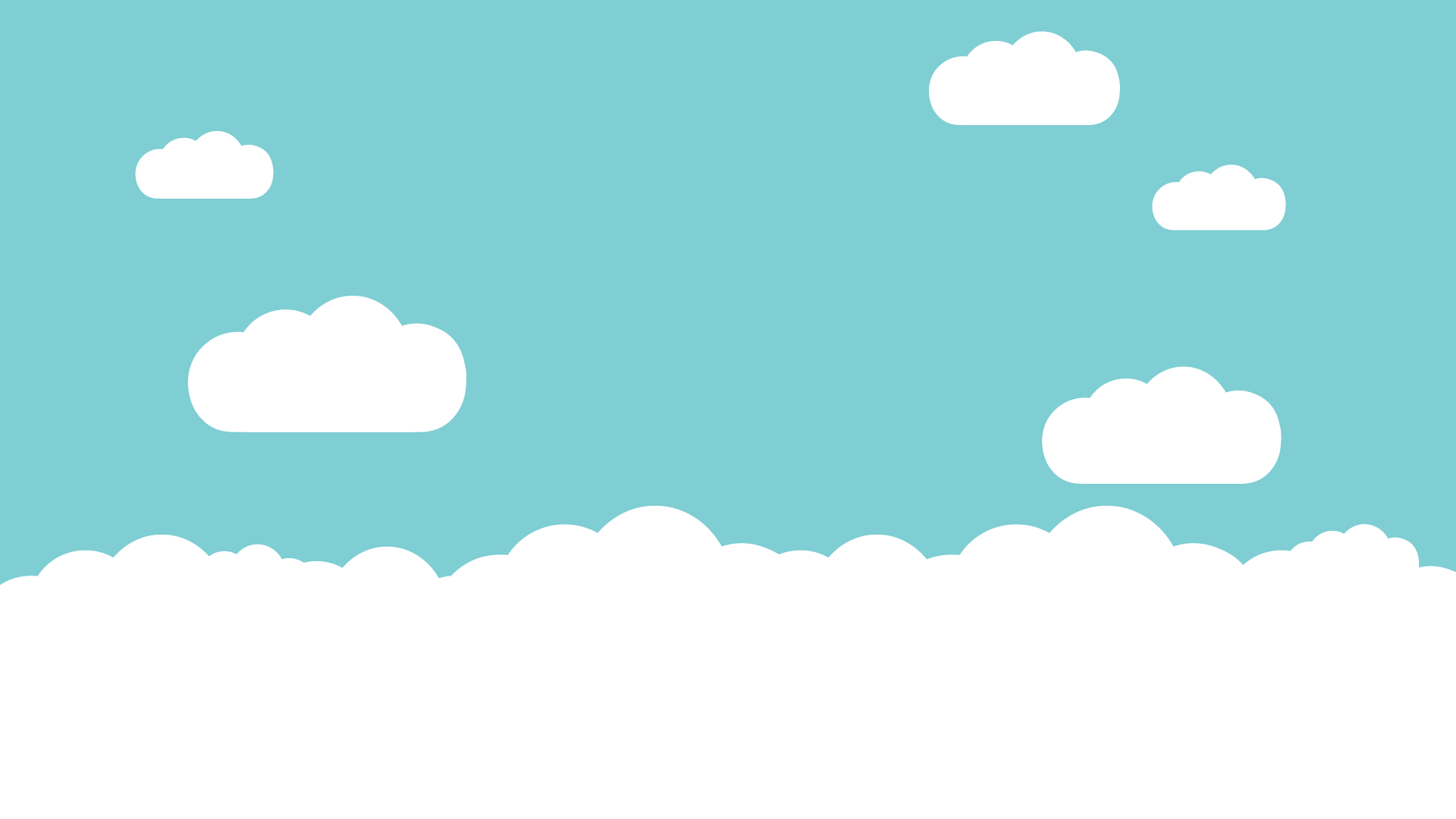EMERGENCIES
In the event of an emergency, please call our office at 403.474.5600. If after hours and you are a patient of the practice, please call the office and listen to the voicemail for details on how you can reach your current provider, Dr. Michelle or Dr. Kaylie. Please leave a detailed message with a phone number where you can be reached. If you are unable to reach your dental provider, please go directly to the Alberta Children’s Hospital Emergency Department.
Dental trauma is a common occurrence in childhood. If trauma does happen, please try to stay calm and call our office as soon as possible so we can help you decide what to do. If necessary, we’ll have you come in, or direct you to the right place.
Common dental emergencies include:
Knocked out adult tooth
Locate the tooth. Hold the tooth by the crown (the white part), not by the root (the yellow part). Place the tooth back into the socket immediately if possible. If contaminated, gently rinse with cold tap water (plug the sink) and then place the tooth back into the socket. Hold the tooth in place with finger pressure or a clean cloth. If you cannot put the tooth back in the socket, place the tooth in a cup of milk or saliva. You can also place the tooth in your child’s mouth (between the cheeks and gums) being careful not to swallow the tooth.
Call us immediately - the faster you act, the better your chances of saving the tooth.
Knocked out baby tooth
Locate the tooth but do not try to replace the baby tooth in the socket. This is to avoid potential for subsequent damage to the developing permanent tooth. Call us as soon as possible.
Broken adult tooth
Gather any broken tooth fragments and place them in milk or water. Gently rinse the mouth with water and apply cold compresses over the injured area to reduce swelling. Call us as soon as possible.
Toothache
Clean the area around the sore tooth. Brush and floss the area to help dislodge any trapped food or debris and rinse the mouth with warm salt water. Take acetaminophen (Tylenol) or ibuprofen (Advil) for pain and call our office to schedule an appointment. If your child’s face is swollen, call us right away as your child may need antibiotics.
Think Prevention: Have your child wear a mouthguard (and helmet when appropriate) when participating in sports or recreational activities. Do not let young children run around with objects in their mouth (eg. toothbrush, pencils, etc.) and childproof your house to prevent falls.


